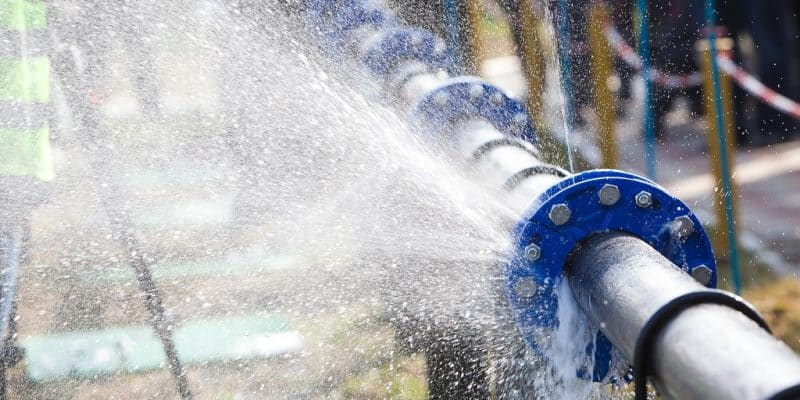The Régie Autonome de Distribution d'Eau et d'Électricité de Fès (RADEEF) has unveiled a new program to improve drinking water supply in Fès, north-east Morocco. Clearly, the Moroccan company will be carrying out various types of work on the distribution network in the Moroccan city, with the aim of reducing 80% of drinking water leaks by 2026.
The Régie Autonome de Distribution d’Eau et d’Électricité de Fès (Radeef) wants to secure drinking water resources in the Moroccan city, in a context that is becoming increasingly critical due to drought. According to the public utility, this means improving the efficiency of the Fès distribution network, which is experiencing a number of problems. Hence the launch of the “Integrated program to improve the efficiency of the drinking water distribution network in Fez”.
The recently announced initiative aims to reduce drinking water losses on the Radeef distribution network by 80% by 2026, compared with 63% in 2010. The Moroccan water and electricity distribution company is also planning to carry out various works on its network, including macro-metering verification, network sectorization, leak detection and repair, preventive maintenance, pressure regulation, network rehabilitation and micro-metering.
Securing access to drinking water for over 1.1 million inhabitants
The drinking water distribution network for the city of Fez extends over a length of 2,900 km and is subdivided into 64 independent hydraulic sectors. Each sector is equipped with flowmeters or meters for accurate metering.
In addition to providing a secure water supply for the more than 1.1 million inhabitants of Fez, efficient management of the Radeef network will enable significant savings to be made in the production of water resources, particularly in terms of energy, treatment and the sizing of production and distribution infrastructures.
Read also –
Ahead of the works in Fez, Radeef will carry out an in-depth diagnosis of the drinking water distribution network, in order to identify any anomalies, currently accentuated by the pressure of the drought.
Inès Magoum






